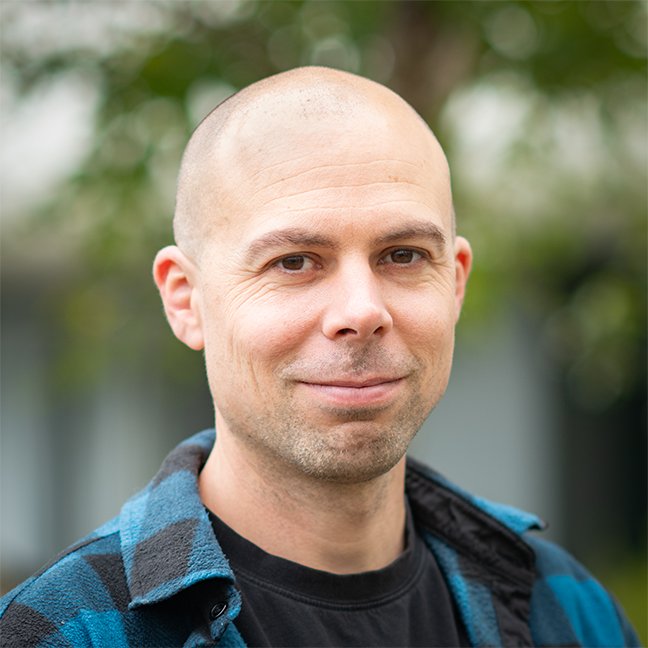Protecting superconductor magnets
Our research is about detecting faults, or quenches, that can release large amounts of energy from—and potentially destroy—superconductor magnets.
Protecting the investment
Superconductor magnets store a lot of energy. This energy, if released in a fault, has the potential to destroy the magnet. Detecting and managing these faults, or quenches, is essential to actively protecting superconducting magnets and enabling them to survive if something goes wrong.
The science
In the case of a fault, areas of the superconductor can rise above the critical temperature and return to a resistive state. In high-temperature superconductor (HTS) magnets, the resistive area normally spreads very slowly, dissipating all energy in a concentrated area and leading to burn out. Building HTS magnets without electrical insulation allows current to bypass these resistive areas but may create other problems leading to destruction of the magnet.
Impact and potential
Quench detection and protection is important to ensure the magnet can handle fault conditions. Plenty of operationally critical magnets have been built in the past without much consideration placed on protection. As a result, most are no longer in operation. Active management is therefore important to protect what is a large investment and ensure safety.
Our capabilities
- Optical fibre- and voltage-based quench detection
- Strong international network
- Quench experiments on sizeable coils with quench heaters
- Multi-physics quench simulations
- Helium-cooled and helium-free cryocooled systems
- Consultancy and expertise
The people
Senior scientist Dr Bart Ludbrook leads the quench protection work. Bart has a background in experimental condensed matter physics and superconductivity. For the past few years, he has been leading research projects focused on the use of fibre-optic sensing to monitor and protect superconducting magnets and cables.
Our team is comfortable working on short-turnaround commercial work for partners in fusion and aerospace, as well as long-term research projects developing and demonstrating novel quench protection systems.


